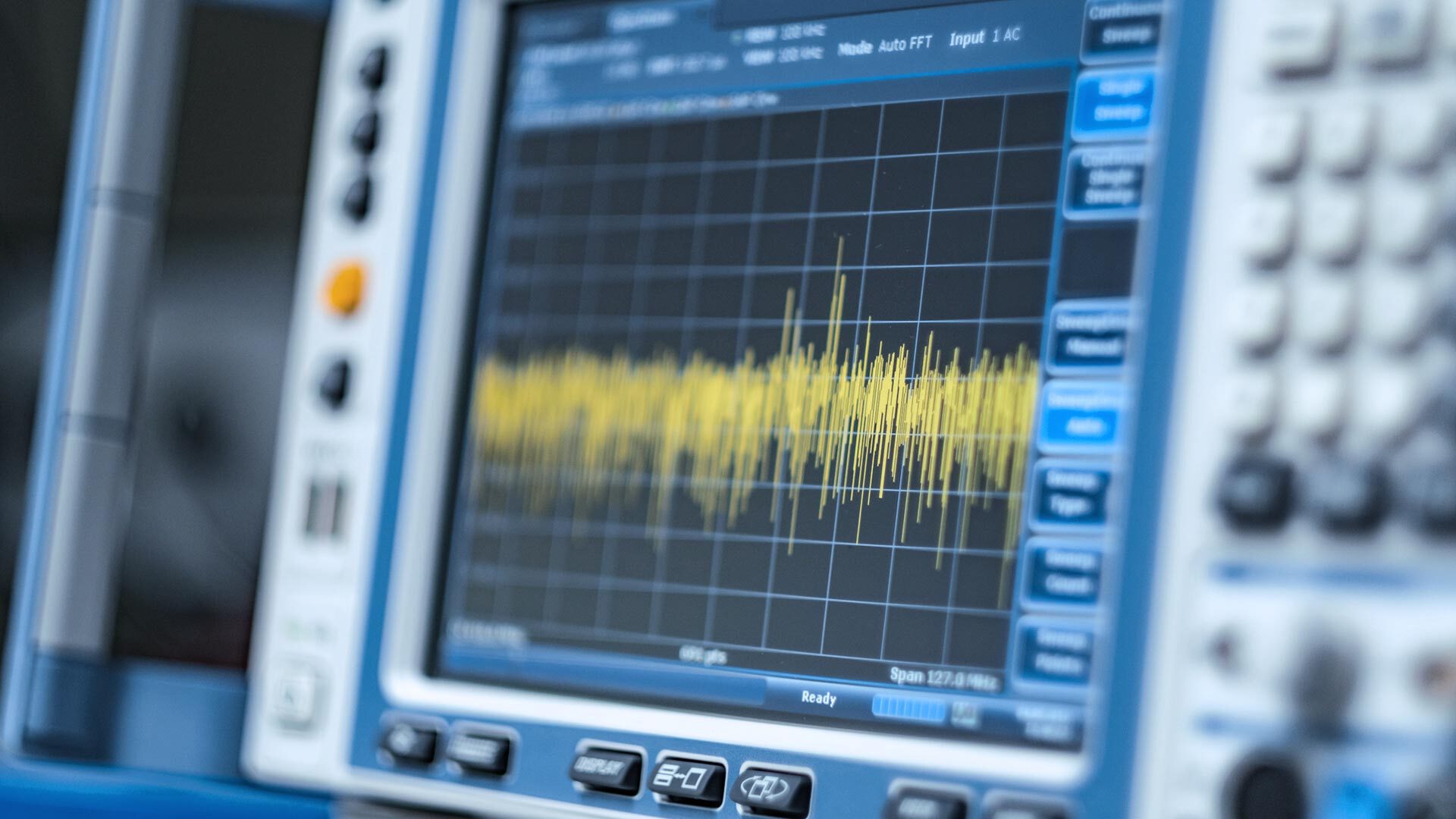
EMC tests on electrical devices are necessary to ensure that these devices function reliably and safely in their electromagnetic environment. EMC tests are particularly necessary in the following cases:
In the Electromagnetic Compatibility Act (EMVG), the legislator has made compliance with basic EMC requirements mandatory on the basis of EU Directive 2014/30/EU. For manufacturers, successful EMC tests in accordance with this directive are also a key quality feature of their products, as the use of appropriately tested devices prevents product or system failures due to electromagnetic interference.
We test electrical devices to EMC standards on the basis of our wide range of accreditations. These include
The EMC measurements take place in our EMC laboratories in Essen, Saarbrücken or Milipitas (USA).